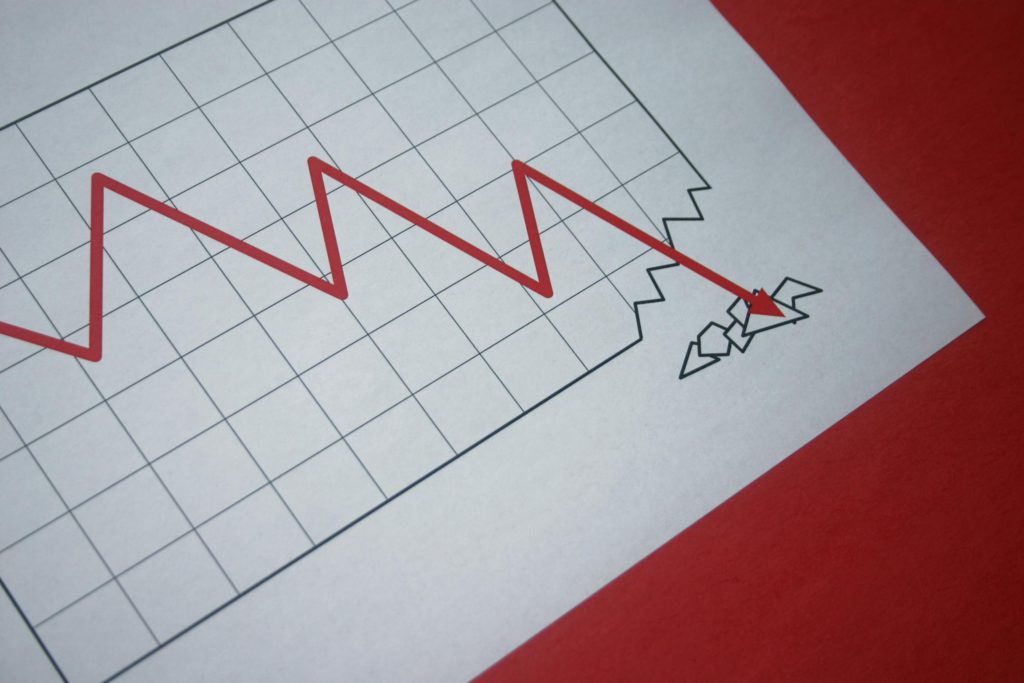UK car sales begin to stabilise but further problems could lie ahead
05 July 2017

05 July 2017
The UK automotive body the Society of Motor Manufacturers and Traders (SMMT) has released its new-registration figures for June, showing a decline in sales of 4.8% compared to the same month in 2016.
This marks a third consecutive month of lower sales compared to a record breaking 2016, which saw 2.69 million vehicles take to the roads of the UK. The SMMT notes that year-to-date figures representing the first half of 2017 are broadly stable, down 1.3% to 1.4 million units. This is the second biggest half-year on record according to the body.
In total, 243,400 vehicles were registered in June 2017, and while registrations were down, they fell at a slower pace compared to the months of April and May. The SMMT believes this shows signs of a stabilising market, following market turbulence after changes to the UK’s vehicle excise duty (VED) were introduced in April 2017, with new bands to penalise the most polluting vehicles. The effect on the market is all the more evident when the first three months of the year produced another record growth, according to the organisation.
Demand in the month was down across private, fleet and business registrations, recording falls of 7.8%, 2.4% and 8.3% respectively. Meanwhile, the alternative fuelled vehicle (AFV) sector, covering hybrid, electric and hydrogen vehicles, enjoyed notable growth, with demand rising 29% to 10,721 units to maintain a record 4.4% market share for a second month. Petrol registrations rose by 2.5% and diesel fell by 14.7%.
In market segments, compact cars, typically powered by smaller petrol engines, remained the most popular choice for consumers, with superminis and small family cars accounting for almost 60% of registrations in June. Small family cars and SUVs were the only two segments to register growth in June, up 6.0% and 11.3% respectively.
In year-to-date figures, the UK market is down by 1.3% compared to the first half of 2016, with 1.4 million sales. However, the market is back on track to meet its forecast for the year, according to the SMMT. Fleet and business buyers drove demand across the first six months with registrations up 1.5% and 2.7% respectively in contrast to a 4.8% drop in private purchases, although almost 650,000 consumers have chosen a new car this year.
Speaking about the figures, Mike Hawes, SMMT chief executive, comments: ′As forecast, demand for new cars has started to cool following five consecutive years of solid growth but the numbers are still strong and the first half of the year is the second biggest on record. Provided consumer and business confidence holds, we expect demand to remain at a similarly high level over the coming months. It’s encouraging to see alternatively fuelled vehicles experiencing rapid growth but adoption is still at a relatively low level and more long term incentives are required if this new generation of vehicles is to be a more common sight on British roads.’
The much-maligned diesel market saw its overall share drop to 42.5% in June, a 5% reduction on the same month last year. In comparison, the market share of petrol was up 4% to 53%. Over the first half of the year, diesel’s market share has fallen by 4 percentage points compared to 2016, a trend that continues across Europe.
However, another challenge to UK car sales is looming, with the country’s Financial Conduct Authority (FCA) planning to investigate the British car finance market, which is behind a massive expansion in consumer credit. Concerns are growing about its ever-more debt-financed growth, which is delaying an expected considerable national decline in borrowing. The industry has been boosted by high uptakes in Personal Contract Payment (PCP) car loans. Now the dominant form of car loan, PCPs require a fixed period from which there is rarely the ability to opt out. This risks trapping people in debt spirals, if proper checks are not made.
Speaking about the results, Graham Hill, car finance expert at the National Association of Commercial Finance Brokers, adds: ′New car registrations have continued to fall, albeit at a slower pace, for a third consecutive month as VED tax changes and dwindling consumer confidence start to bite. It was always forecast that March’s stampede to beat the VED deadline would in turn mean less registrations in consequent months, so this is no great surprise. Set against the wider backdrop, the new car market is still in rude health – after all, the first half of the year was the second biggest on record.
′A large proportion of this success has to be attributed to the uptick in car finance, which accounted for around 86% of new car sales last year. However, as the FCA continues to look into the lack of transparency around the selling of certain car finance deals, the sabre-rattling around the actual finance products themselves needs to soften. It already looks like the adverse publicity surrounding Personal Contract Purchases in particular has knocked consumer confidence in the product. Carry on like this and we risk driving away consumers and talking the market into an early grave.’